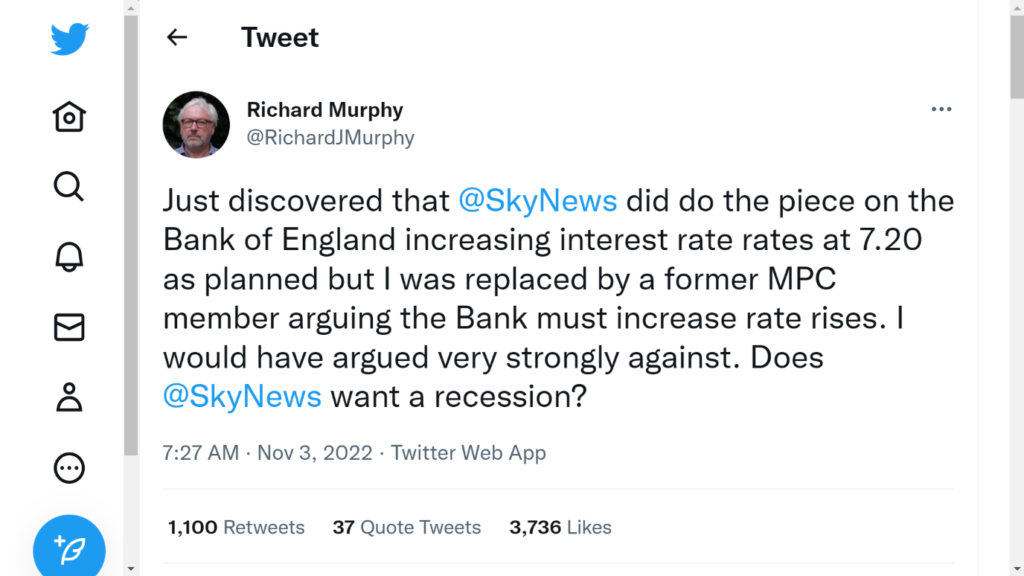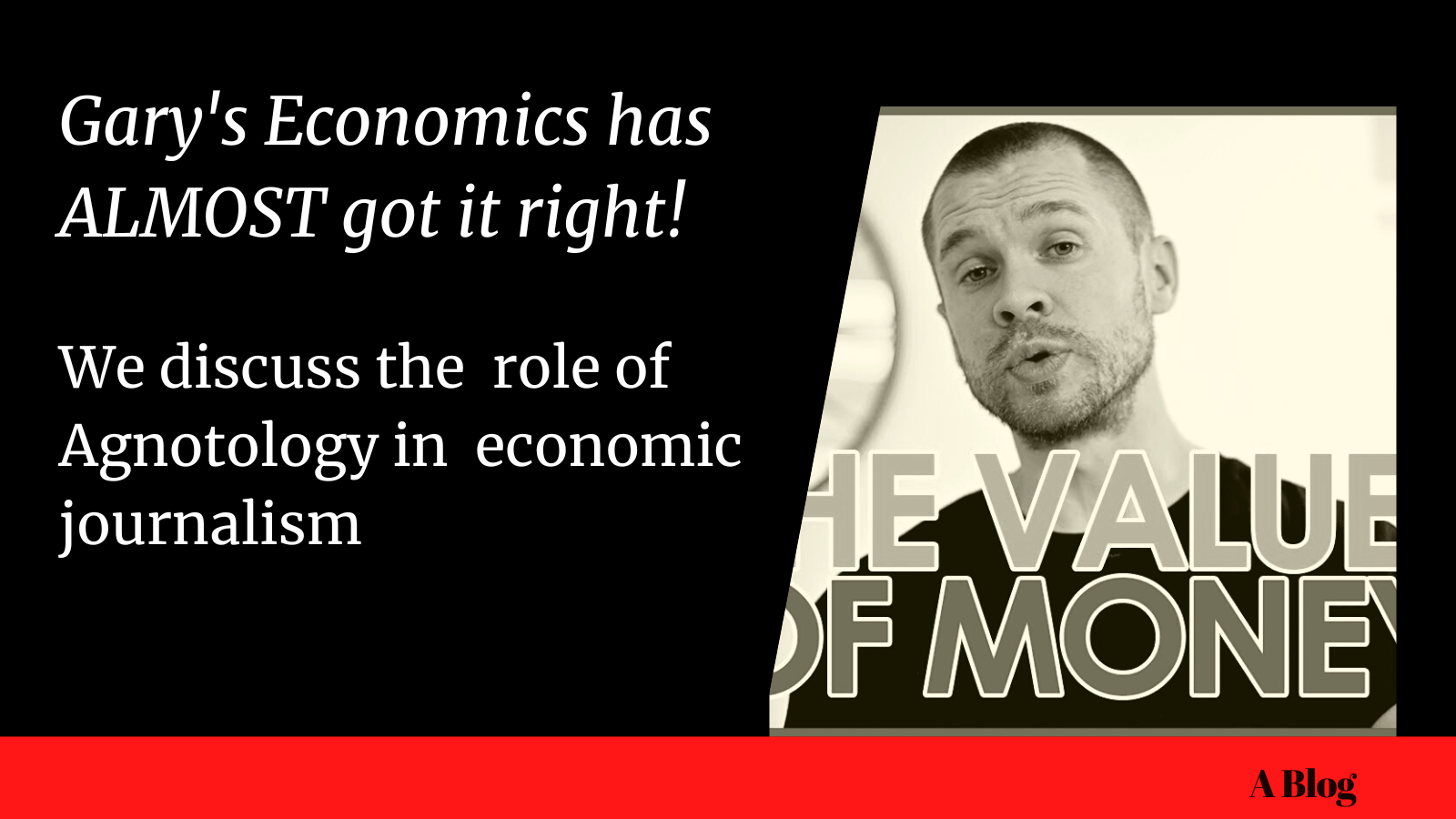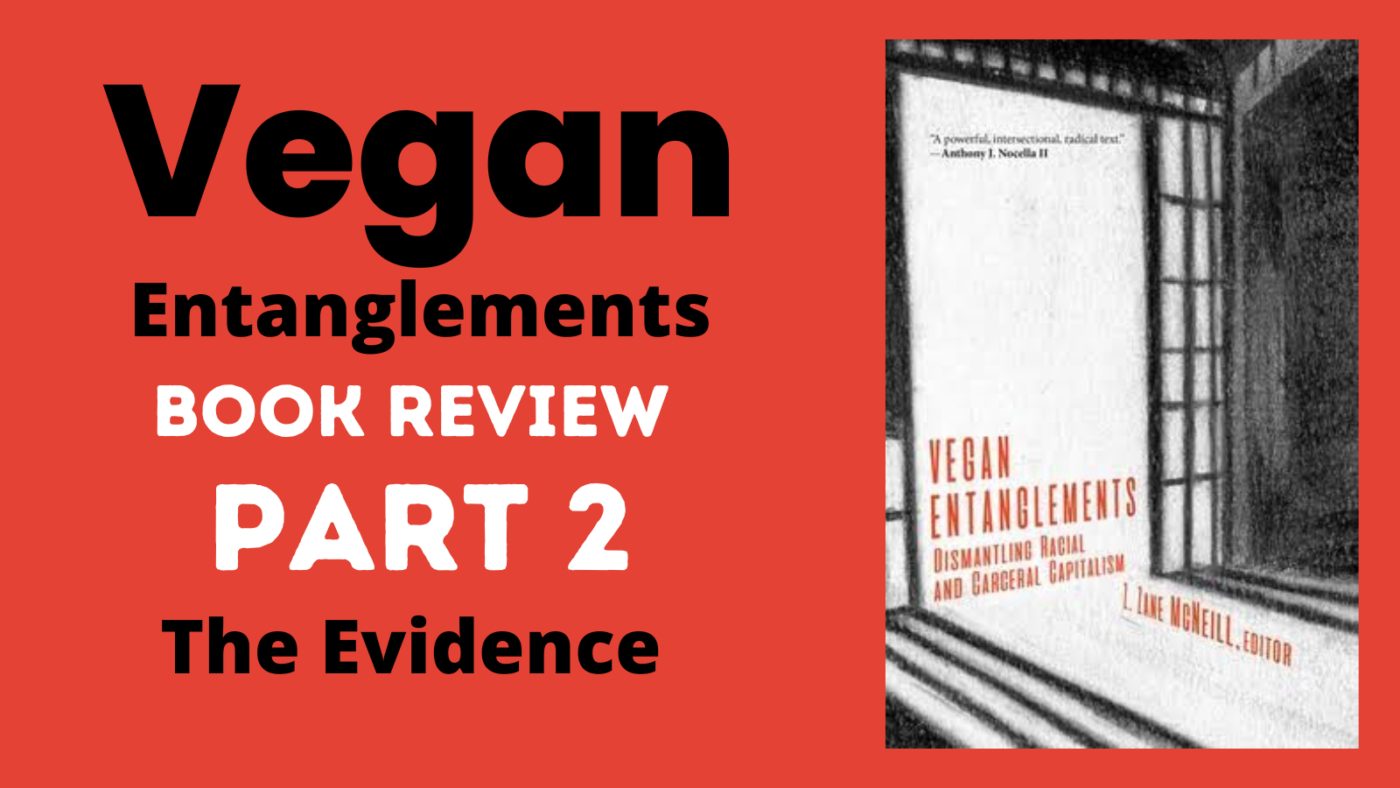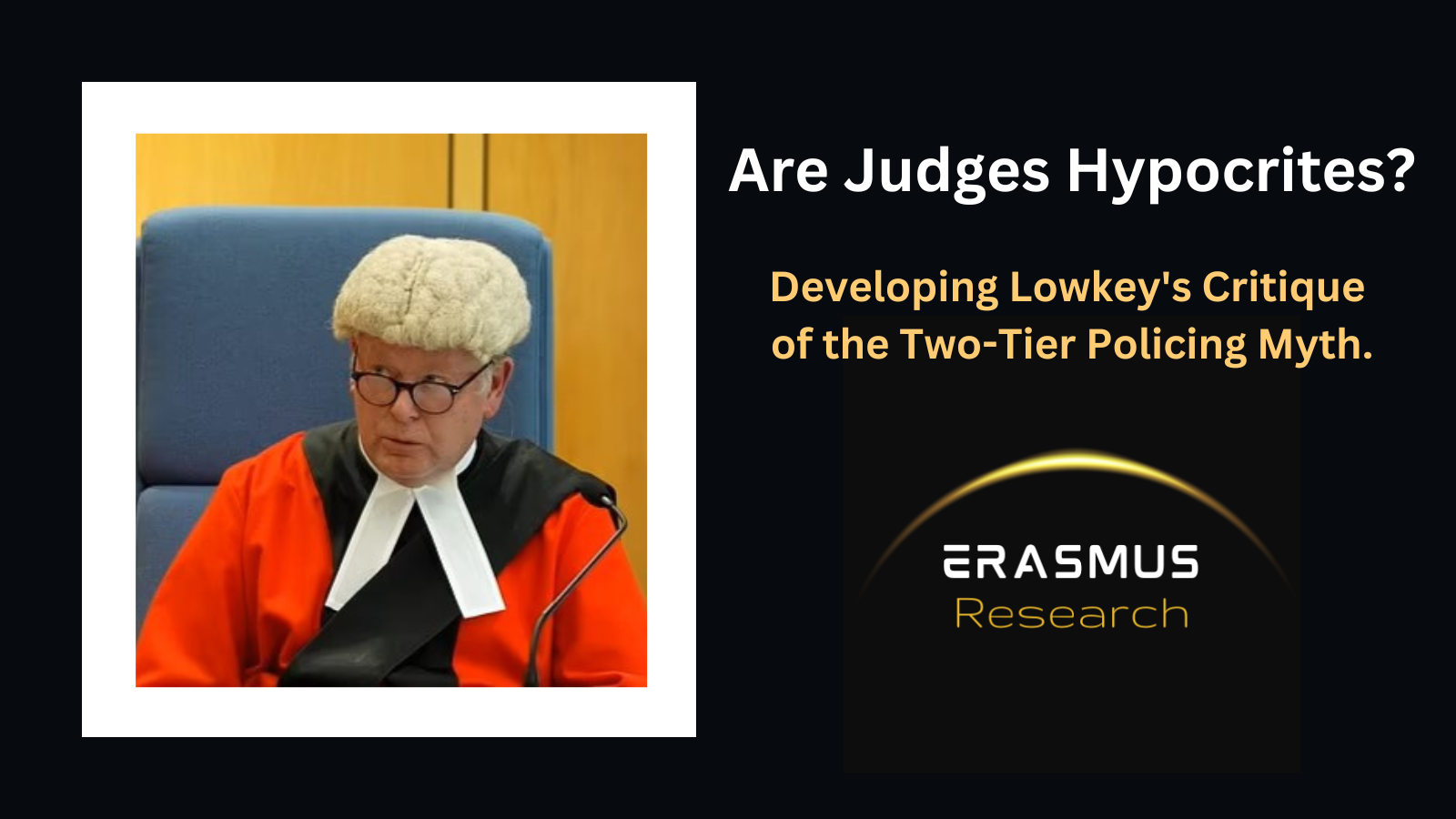Gary Stevenson, the brilliant economist and commentator has contributed a great deal to our ability to understand the economics behind inequality, and his project should be robustly supported. We would like, however, to take this opportunity to address one small but important weakness in an argument he frequently makes in relation to why economic predictions in the media, are almost always wrong. Gary points out, with a great deal of validity, the fact that in the media, there is neither an incentive to get it right, nor a sanction for getting it wrong.
While this is undoubtedly true, this analysis gives only a partial view of the picture, missing the most important aspect altogether. The main flaw in this argument arises from the mistaken assumption that the actual role of economic journalists is to ‘be right’ about the economy. We would argue that exactly the opposite is true. This assertion is evidenced by the fact that economic commentators who are consistently ‘right’ in their analysis and their predictions, find it increasingly difficult to provide their brand of economic analysis on a mainstream media outlet. A good example appeared this week when Richard Murphy, well known for his critical position in respect of the government’s economic policies, was booked to appear on Sky News to discuss the Bank of England’s increase in interest rates. He then Tweeted to say the item had been dropped, only to Tweet again shortly after to inform us that he had actually been replaced on the programme with someone whose view was much more closely aligned with that of the government, and by extension the billionaire oligarch elite.
While this is undoubtedly true, this analysis gives only a partial view of the picture, missing the most important aspect altogether. The main flaw in this argument arises from the mistaken assumption that the actual role of economic journalists is to ‘be right’ about the economy. We would argue that exactly the opposite is true. This assertion is evidenced by the fact that economic commentators who are consistently ‘right’ in their analysis and their predictions, find it increasingly difficult to provide their brand of economic analysis on a mainstream media outlet. A good example appeared last week when Richard Murphy, well known for his critical position in respect of the government’s economic policies, was booked to appear on Sky News to discuss the Bank of England’s increase in interest rates. He then Tweeted to say the item had been dropped, only to Tweet again shortly after to inform us that he had actually been replaced on the programme with someone whose view was much more closely aligned with that of the Bank of England, and by extension the Government and the billionaire oligarch elite who funds it.

No one should be surprised by this. George Monbiot was so effective at conveying his message on the BBCs Question Time, he has never been asked back, and believes he never will. Nigel Farage, on the other hand, has appeared as a Question Time panellist more than anyone else in the programme’s history. The evidence speaks for itself. Mick Lynch is no longer a regular feature on our nightly ‘news’ screens, for the same reasons that Richard Murphy’s brand of economics is largely ignored in favour of voices that are aligned with the prevailing economic orthodoxy.
This is the central issue that Gary Stevenson overlooks when he conflates ‘the City’, and its trading function, with the media and its entirely political function. Herein lies the difference between the trader and the economic commentator working in the ‘media’. The role of the city trader is to make money. In order to make money, they have to know what the markets will (or at least might) do. That should not be confused with the entirely political function of the journalist, whose role has little to do with the actual ‘truth’. The real task of the contemporary economic commentator is to pull the wool over our eyes, to muddy the waters and to promote disinformation, all in the service of those who employ them, namely the oligarch class. It’s not an accident that they are so spectacularly wrong, as Gary points out, almost all the time.
We would like to counter this liberal world view – that the role of the media is to keep us informed – by putting forward the concept of ‘Agnotology’. Agnotology is the cultural cultivation of widespread ignorance, in order to confuse people and to obfuscate the truth about important issues. Political propaganda has been around for a long time. Fake news, false information presented as news, is also nothing new. Agnotology is different because it represents a generic means by which ignorance is produced and is presented in the form of either news or analysis, including economic prediction. As Gary’s work shows, Agnotology has even colonised academia, with an entire range of Economics’ Professors now parroting the prevailing economic orthodoxy of what Mark Fisher referred to as Capitalist Realism.
Gary’s Economics is right to call out the fact that media (and academic) economic commentators get it so spectacularly wrong, with such astonishing regularity. But what he misses is the fact that these people are actively chosen to speak because of their ‘particular’ position on an issue. Ask yourself this – how long would a mainstream media celebrity last if they were to start talking about Israel’s treatment of the Palestinian people? How long would your on-screen economic commentator last if they talked about rising inequality, the impact of privatisation or the need to tax the rich?
Failure to understand this perspective, that is to say, failure to move beyond the myth of ‘liberal democracy’, places each of us in a position where we become not only vulnerable to the ‘Agnotology’ that courses through the veins of the state, but an instrument of its very reproduction, promotion and dissemination.







